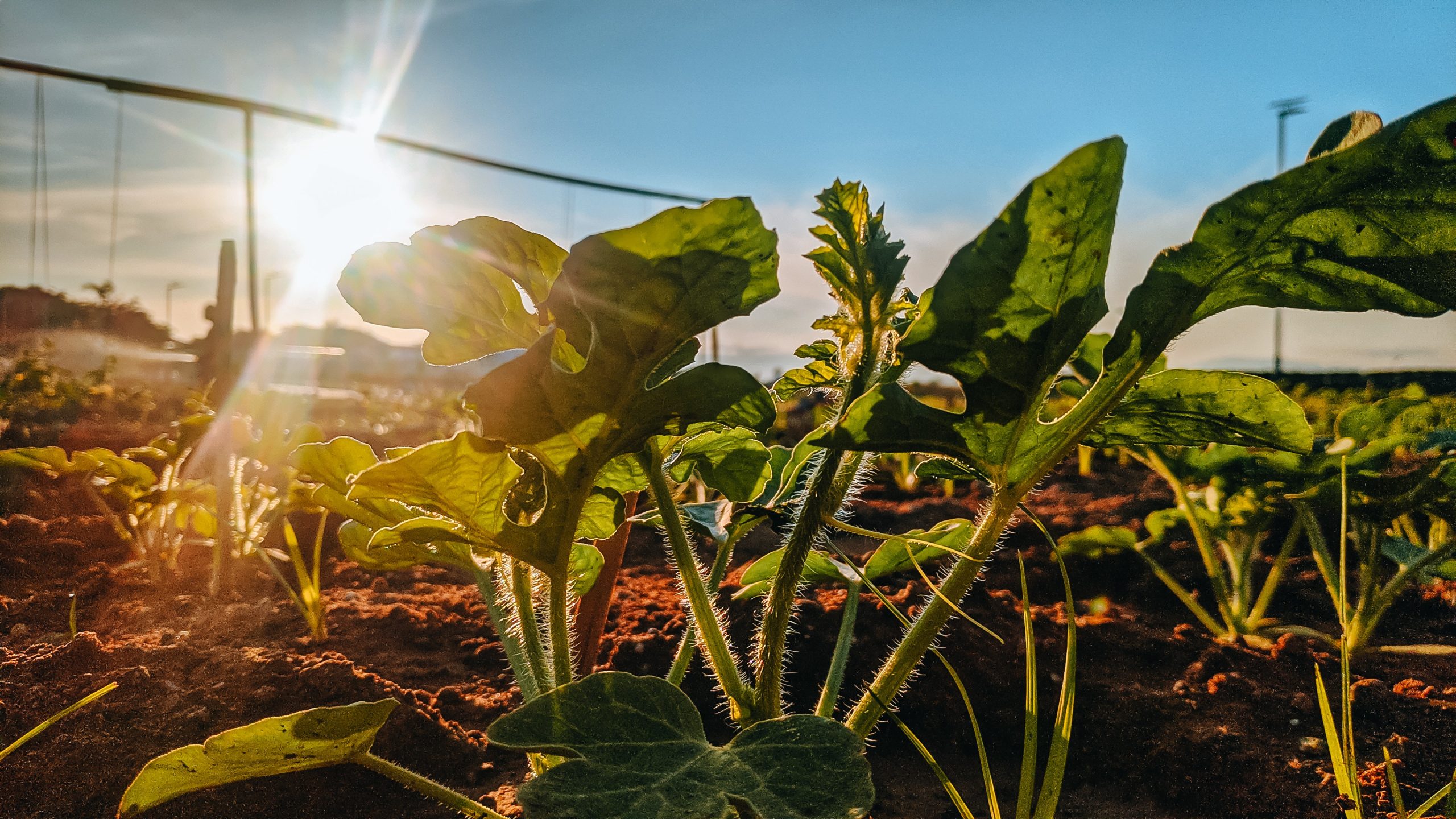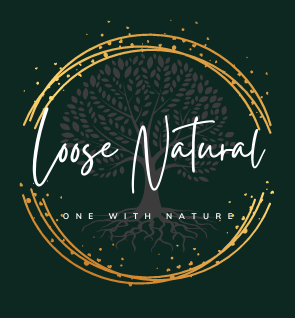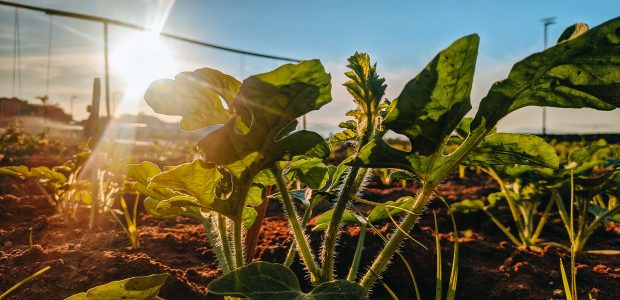
Organic permaculture is a sustainable farming method that is designed to work with nature, not against it. It is a holistic approach to farming that focuses on creating a healthy, self-sustaining ecosystem. This method of farming is gaining popularity as more people become concerned about the impact that conventional farming methods have on the environment and our health. In this blog post, we will explore the concept of organic permaculture and its benefits. We will also discuss how organic permaculture can help us to live a more sustainable and healthier lifestyle.
What is Organic Permaculture?
Organic permaculture is a farming method that combines the principles of organic farming and permaculture. Permaculture is a system of farming that is based on the principles of natural ecosystems. It focuses on creating a sustainable ecosystem that can produce food without damaging the environment. Organic farming is a method of farming that does not use synthetic chemicals or genetically modified organisms (GMOs) in the production of crops.
Organic permaculture uses a combination of these two methods to create a self-sustaining ecosystem that produces healthy, organic products. The goal of organic permaculture is to create a closed-loop system where everything is used and nothing goes to waste. This means that organic permaculture farms produce their own fertilizer, recycle water, and use natural pest control methods to keep the ecosystem in balance.
Benefits of Organic Permaculture
Organic permaculture has many benefits, both for the environment and for our health. Here are some of the key benefits:
- Sustainable Farming: Organic permaculture is a sustainable farming method that is designed to work with nature, not against it. It focuses on creating a healthy ecosystem that is self-sustaining and can produce food without damaging the environment.
- Healthier Food: Organic permaculture produces healthier food because it does not use synthetic chemicals or GMOs. This means that the food is free from harmful toxins and is full of nutrients.
- Cost-effective: Organic permaculture is cost-effective because it does not require expensive synthetic chemicals or fertilizers. Instead, it uses natural methods to create a healthy ecosystem.
- Reduced Carbon Footprint: Organic permaculture farms have a lower carbon footprint than conventional farms because they do not use synthetic chemicals and fertilizers. This means that they produce less greenhouse gas emissions.
- Biodiversity: Organic permaculture farms promote biodiversity because they use natural pest control methods and do not rely on monoculture farming. This means that they provide habitats for a variety of wildlife.
How Organic Permaculture Works
Organic permaculture works by creating a self-sustaining ecosystem that produces healthy, organic products. Here are some of the key components of an organic permaculture farm:
- Soil: Organic permaculture farms focus on building healthy soil that is rich in nutrients. This is done by using natural fertilizers, such as compost and animal manure.
- Water: Organic permaculture farms recycle water by using rainwater catchment systems and other natural methods.
- Natural Pest Control: Organic permaculture farms use natural pest control methods, such as companion planting, to keep pests under control.
- Crop Rotation: Organic permaculture farms use crop rotation to keep the soil healthy and prevent soil-borne diseases.
- Companion Planting: Organic permaculture farms use companion planting to promote biodiversity and improve soil health.
- Animal Integration: Organic permaculture farms integrate animals into the farm ecosystem to provide natural fertilizer and pest control.
Organic Permaculture and Sustainable Living
Organic permaculture is a key component of sustainable living. It promotes a healthier lifestyle by providing access to healthy, organic products that are free from harmful toxins. It also
supports a more sustainable way of living by reducing our carbon footprint and promoting biodiversity. By adopting organic permaculture practices, we can make a positive impact on the environment and our health.
Living sustainably means making choices that are good for the environment, our health, and future generations. Organic permaculture is a great example of how we can live sustainably while still meeting our needs for food and other resources. By supporting organic permaculture farms and buying organic products, we can help to promote sustainable agriculture and protect our planet.
In conclusion, organic permaculture is a holistic approach to farming that focuses on creating a healthy, self-sustaining ecosystem. It combines the principles of organic farming and permaculture to produce healthy, organic products that are free from harmful toxins. Organic permaculture promotes sustainable living by reducing our carbon footprint and promoting biodiversity. By supporting organic permaculture farms and buying organic products, we can make a positive impact on the environment and our health.

